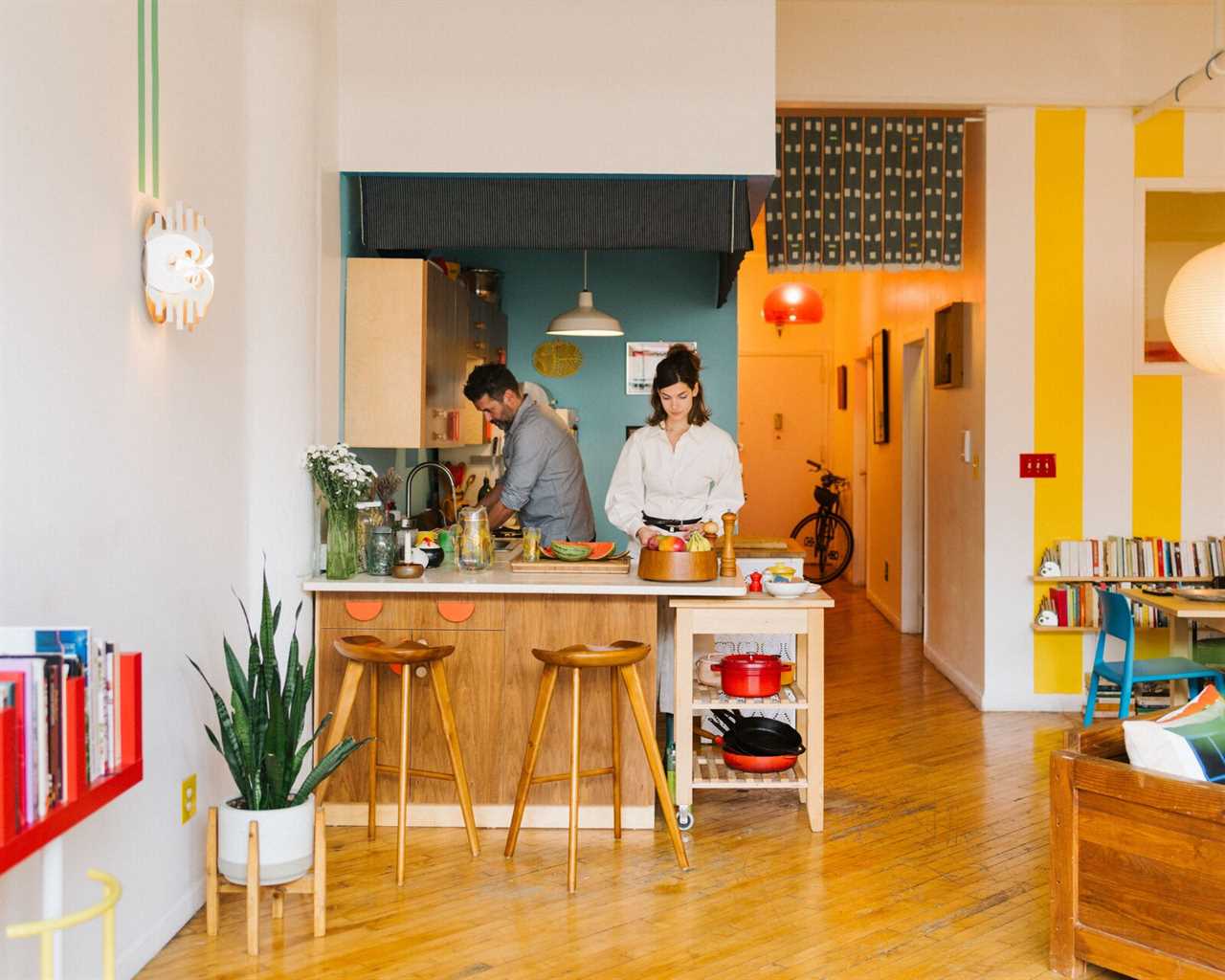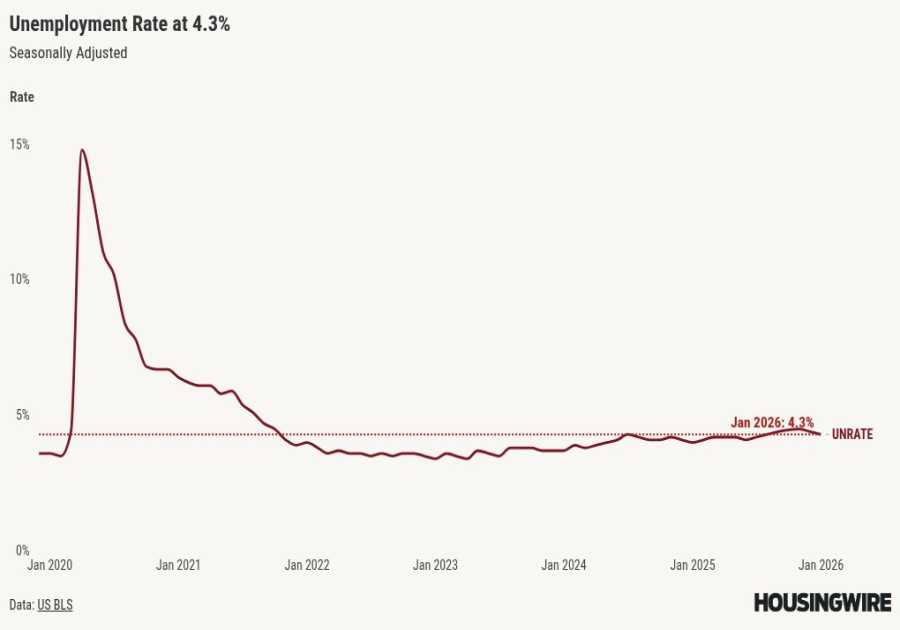From marble to granite to soapstone, the options are dizzying—but if you’re realistic about your lifestyle, the choice is easy to make.

No matter how grand your renovation vision is, remodeling your kitchen can’t begin without choosing a countertop material. This is a decision that’s meant to last for years and there’s a lot to consider! First, take a serious look at your lifestyle—are you a semi-pro baker who loves the feel of marble under your palms as you roll out dough or are you a faithful DoorDash user? (No judgment, of course.) But knowing how often your kitchen counter will be used will help narrow down your choices to the most durable, cost-efficient, and best-looking materials to install into your home.
Before you get swept away in the aesthetics of the material, it’s important to know which material will serve your household best. Do you prefer cutting directly on your countertop or would prefer keeping a cutting board on hand for all of your slicing and dicing? From quartz to laminate, and from wood to marble, there’s a countertop that will last through every trend and all of life’s messes with your name on it.
Quartz
As one of the most popular materials for kitchen countertops, quartz is a crowd favorite because it is easy to clean, heat-resistant, stain-resistant, and incredibly durable. Quartz countertops are suitable for busy kitchens and can be customized to fit various design styles. Made with a blend of quartz crystals, resin, and pigments, the engineered stone surface is non-porous (in short, it’s maintenance-free) and does not require a sealant.
Quartz is available in a wide range of colors and patterns, with the cost ranging from $50 to $120 per square foot installed. If you cook often, Ashley Wainscott, the founder of Simply Home, suggests selecting this high-performance material and Taj Mahal Quartzite, another material that has gained popularity in recent years. "Despite the name, Taj Mahal quartzite is not actually a form of quartzite; rather, it's a type of marble with quartzite-like properties. It is harder and more durable, making it less prone to scratching, etching, and staining."
Granite
Dense and durable, granite is a natural stone known for its resistance to heat and scratches. It comes in a variety of colors and patterns, making each slab unique. Granite countertops are suitable for high-traffic kitchens and can add value to a home. Wainscott suggests choosing granite for projects where durability and aesthetic appeal are priorities. Prices vary depending on the quality, rarity of the stone, and installation costs, but on average, granite countertops can range from $40 to $100 per square foot installed.
Carrie Moore of Carrie Moore Interior Design says, "Granite remains pretty popular and, while there are some more elevated/tasteful options out there that we love, there's also a lot that's not so great-looking. So, homeowners should shop carefully!"
Marble
When you think of a luxurious kitchen, it doesn’t get any more elevated and picture-ready than marble. Timeless and sleek, marble is the "beauty first" option interior designers go for. "We always prefer natural stone for countertop surfaces because it's a naturally occurring material and the color variation across types and the nuances in the veining/patterning make each piece completely unique," says Moore. Though it is alluring to look at, marble requires an extra dose of love and care. The material must be sealed and resealed every two years and requires regular cleaning. Marble is susceptible to scratches and stains as well.
Not sure if marble is the right fit? "A new(ish) material known as sintered stone is a good alternative to other man-made products. It requires far less silica than quartz (if any), and is much more durable in locations where temperature fluctuations might be a concern," says Moore.
Wainscott views marble countertops as an ideal choice for low-traffic kitchens or for specific areas such as baking stations or islands where they won't be subjected to heavy use. The countertops can range from $60 to $150 per square foot installed, depending on the quality and rarity of the marble.
Soapstone
Soapstone has a natural patina that is very forgiving for households that receive a ton of foot traffic in the kitchen. The scratches on the counter look natural so if you have a toddler-size Picasso in your home, you can add their designs to the character of your countertop. With a smooth and matte finish, this non-porous, antimicrobial material oxidizes over time resulting in a unique patina. With similar characteristics to quartz and the appearance of marble, soapstone is a middle-ground for a homeowner who wants the best of both worlds.
Wainscott believes soapstone is ideal for traditional or rustic-style kitchens and is often used for countertops, sinks, and backsplashes. Soapstone countertops typically range from $70 to $120 per square foot installed.
Wood
"Natural wood surfaces are warm and inviting and when properly sealed and protected, they can last for generations," says Wainscott. There’s a whimsical charm to the material that tells a story and there are various wood types you can choose from to illustrate this. Butcher blocks are typically available at your local home improvement store and can be purchased the same day. Or you can go for Hevea wood, best known for its durability, adaptive coloring, and affordability. It’s a light to medium blonde wood grain. According to Wainscott, this species accepts stain colors well and has a uniform coloring that can easily blend in with other woods and colors being used in the space. White oak is another great option, as it is naturally resistant to rot and decay with built-in water resistance. The coloring is usually very consistent throughout the block which also makes it a welcomed addition to the space.
The maintenance is at the top of your to-do list with wood if you stick to an oiling schedule to protect the surface. Experts suggest an oil-based spar urethane or a topical sealer that gives off a satin sheen. This will prevent discoloration and staining. Wood prices can vary from $20 to $100 per square foot.
Concrete
For a contemporary look that pairs well with any lifestyle, a concrete countertop is a fitting option. Easy to maintain, concrete can be customized with accents of your choice within the mixture and can be made to fit custom to your kitchen counter space, no matter how awkward the space is. While it requires yearly resealing, it can withstand heat and scratches as well. "The installation process is similar to pouring a slab—you are building a form and pouring concrete. You want a good installer to pour that material," says Wainscott. Concrete prices can be as high as $135 per cubic yard to start and you will have to double check that your floors and cabinets can withstand the weight of the concrete.
Laminate
If you’re looking for the most affordable option for your apartment or tiny house kitchenette, laminate countertops are a DIY-maven’s dream. Constructed from a particle board, resin, and laminate sheet, laminate has recently become more aesthetically pleasing as more creative designs or patterns are made like marble or wood. This lightweight material isn’t difficult to install either! The downside? Laminate has a history of damaging easily from hot pots or pans, swelling from water, and peeling over a short time. Today, laminate is becoming more popular and its quality has strengthened for DIY kitchen projects.
How on earth do I pick?
The best kitchen countertop material for you is one that fits in with your lifestyle, budget, and kitchen design goals. Though we placed a spotlight on some of the most popular kitchen countertop materials, there are even more you can choose from, like paperstone (an innovative choice for consumers interested in environmentally friendly countertop options). Paperstone is a recycled paper composite and similar to hardwood so you’re one cut away from having an eco-conscious kitchen.
If you’re eyeing a natural stone but unsure of the cost, all hope isn’t lost according to Moore. "It really depends on material needs and countertop format, but oftentimes a whole slab is unnecessary and consumers can get a good deal on a partial slab," she explains. Get creative and choose another way to highlight the stone by making it the centerpiece of your kitchen island. Pricing for countertops generally varies regionally and based on projects. It is common to require three to four slabs for a kitchen countertop. Moore suggests inquiring about prices from a stone fabricator or general contractor to ensure you’re committing to the option that suits your kitchen best.
Bonus pro tip: Ask your countertop supplier if they have any remnants. Wainscott shares, "Depending on the space that you are working with, you can get a better deal on a piece of a slab as opposed to purchasing an entire slab for a smaller space." Once you've made your final decision on the countertop, it’s time to choose the style, measure, and count all the seams and veins to make your installation flawless.
Top photo originally found in Rental Revamp: A Designer and Her Filmmaker Boyfriend Make Their Brooklyn Loft Feel Like a Showroom
Related Reading:
We Asked the Experts If Custom Kitchen Cabinets Are Actually Worth It
23 Kitchen Countertops That Serve Up Good Design
Read More
By: Medgina Saint-Elien
Title: We Asked the Experts How to Choose the Best Kitchen Countertop Material
Sourced From: www.dwell.com/article/best-kitchen-countertop-1ab944c0
Published Date: Tue, 21 May 2024 15:30:37 GMT
.png)





